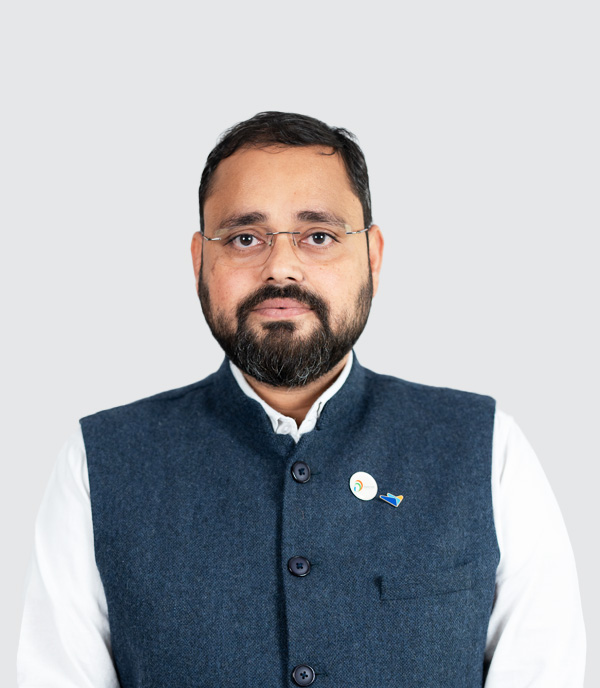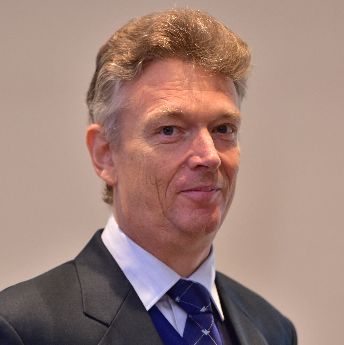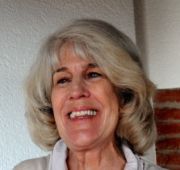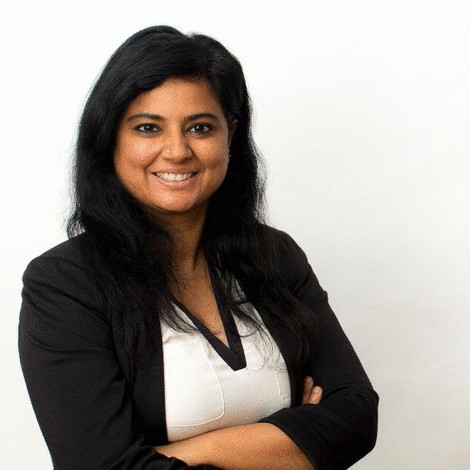The Answer is “Yes”—Cost and Willingness to Pay in India
by Akhand Tiwari, Akhilesh Singh, Ann Platt, Graham Wright, Sachin Bansal and Minakshi Ramji
May 1, 2012
1 min
This Policy Brief discusses how poor people manage their money better and are willing to pay for more convenient banking services in India.
Estimates for the number of Indians without bank accounts vary from 400 million to approximately 600 million if one factors in 8.6% population growth in 2010-2011, dormant accounts, and the greater focus on the unbanked rural poor, rather than urban migrants and other indigent city-dwellers.
Public-sector and retail banks in India now have both a greater obligation and more opportunities, welcome or unwelcome, to enable poor people manage their money better. One solution is to charge small fees, particularly for “doorstep” or local services in areas without easy access to branches. RBI has sanctioned “reasonable service charges” since 2009 to help defray the banks’ costs of maintaining low-deposit accounts and to encourage business correspondents.
Until recently, the business case for Indian banks using business correspondents (BCs) to extend financial inclusion in rural areas has been an open question. MicroSave sought to resolve this question last year in a study in Rajasthan, Tamil Nadu and Uttar Pradesh. The needs of the customer, arguably the most important component in any business proposition, seem clear. More than two-thirds of the 748 respondents interviewed in 163 sessions claim they are indeed willing to pay for more convenient banking services closer to home and work.
Written by

Akhand Tiwari
Partner
 by
by  May 1, 2012
May 1, 2012 1 min
1 min



Leave comments